
Given the rapid increase of coronavirus cases, it’s no wonder people are experiencing intense feelings of anxiety, stress and panic. If you’re also feeling anxious about the COVID-19 and how it might affect you and people dear to you, you should know you’re not alone in this boat. Experts recommend that everyone stay calm and composed.
“As COVID-19 is on its way to becoming a global pandemic, our brains pay attention to startling news and possible threats — which means we easily get swayed into thinking something is worse than it is,” Catherine Franssen, Ph.D., director of the NeuroStudies minor and an assistant psychology professor at Longwood University in Virginia, tells Bustle. “We don’t always make the best decisions when we respond to panic.”
With all the information about the coronavirus changing from one day to the other, confusion about the COVID-19, such as how it’s transmitted and how quickly people recover, can cause a lot of stress and anxiety to otherwise healthy, low-risk people. “We know the coronavirus is a flu-like respiratory illness, but it also causes psychological symptoms in people who don’t have it,” says psychiatrist Dr. Carole Lieberman, M.D.
Controlling your anxiety around coronavirus means recognizing your feelings while also being practical about the whole virus situation. Here is what experts recommend us to do in order to feel less anxious about coronavirus.

Educate Yourself
Don’t let yourself be trapped into the never-ending loop of misleading headlines. Not everything you see in the newspaper or on the news is an accurate depiction of a real situation. Therefore, avoiding inflammatory or panicky stories can reduce all this anxiety around the coronavirus.
Educating yourself and staying up to date with the latest information from official sources only, is the best way to fight anxiety and not fear of something you don’t understand.
“Educate yourself on the virus and the possible risk factors to you and your family, and then take appropriate precautions,” says therapist Heidi McBain, L.M.F.T.
“Fear catches our attention and sells headlines (and hand sanitizer), but it doesn’t lead to our best thinking,” Franssen also warns. “Stick to reading one to two reliable sources a day.” The CDC and WHO are primary sources for information about the spread of coronavirus.
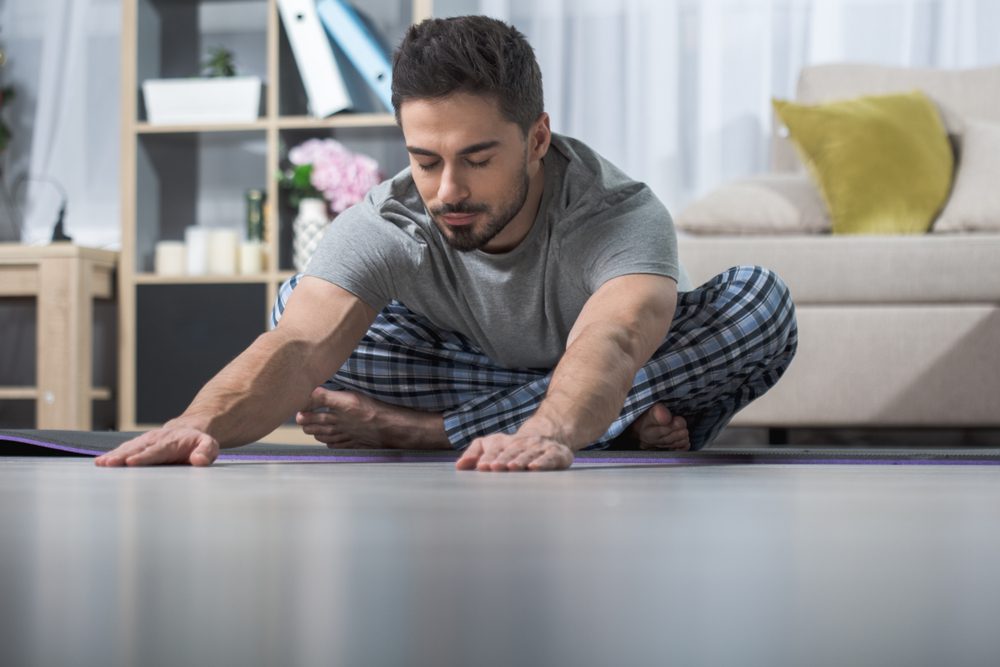
Self-Care 101
Anxiety can cause chaos when it comes to your mood, sleep, appetite, immunity and overall health. This is why it’s extremely important to take care of yourself, both physically and emotionally, and make sure you decrease your risks for serious health conditions.
“Focus on self-care to help keep you present and grounded in this moment,” McBain recommends. “This might include exercise, meditation, eating a healthy diet, mindfulness, getting a good night’s sleep, doing something you find relaxing, and so on.” It’s not selfish to try and calm yourself down if anxiety is damaging your health and quality of life.
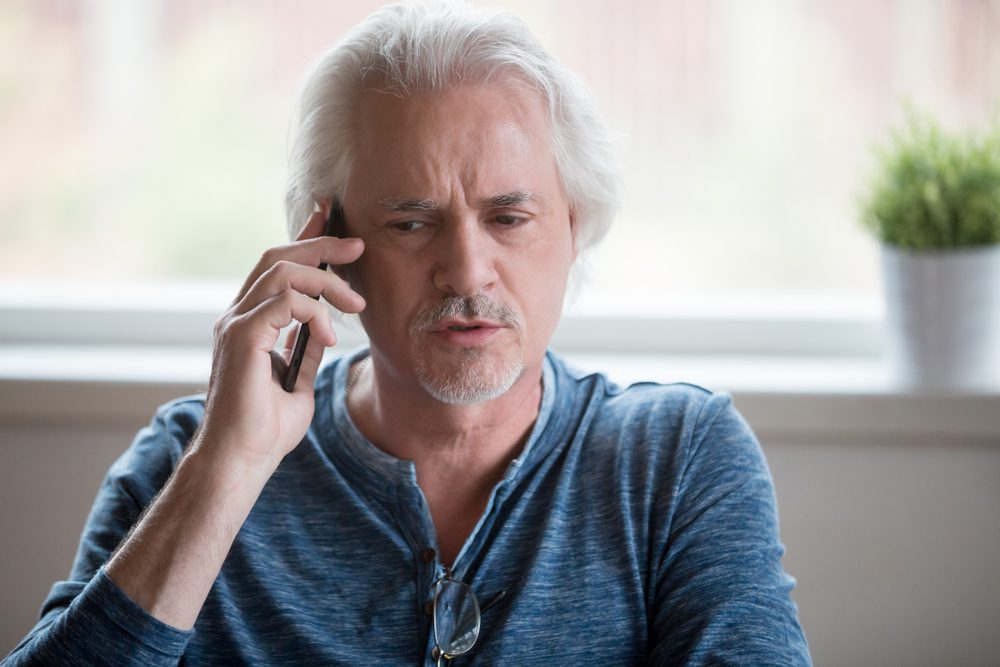
Think About How You’re Sharing Information
It’s only natural to want to warn the people you care about whenever you find out something important, but, according to experts, you might be doing them more harm than good. That’s because all the anxiety around COVID-19 might determine you to share a lot of misleading information with negative consequences.
“If you’re sharing sources, think [about] why,” Lieberman advises. “Are you adding to hysteria or are you helping someone get to know facts that will help them?” If you realize that sharing a lot of news isn’t useful to you or to others, halting that process might be helpful.
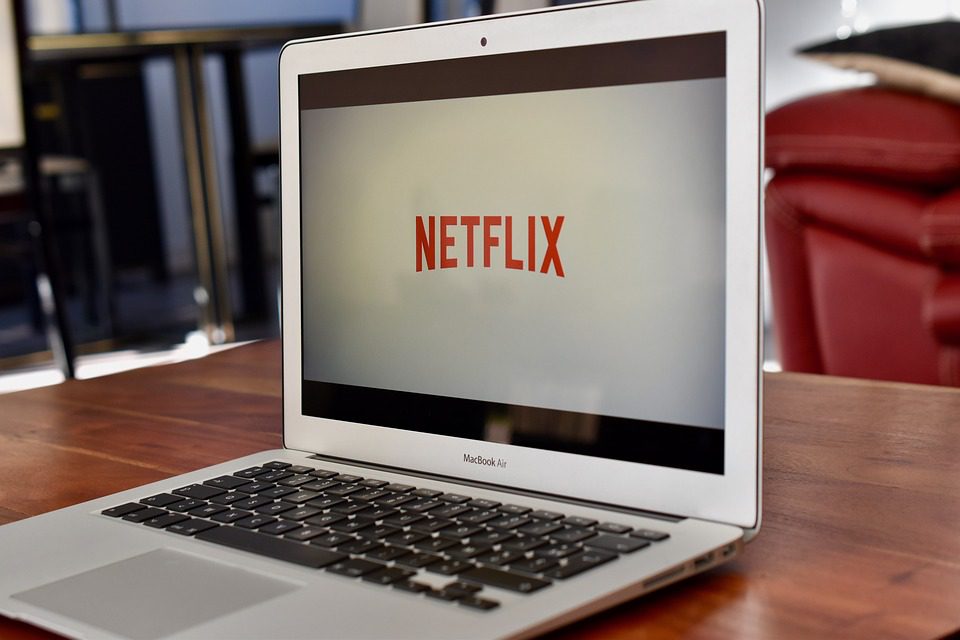
Distract Yourself
In today’s fast-paced society, stress is quite common, but it’s your mind and body that pay the highest price. When stress levels go up, it can become hard to cope with things. Fortunately, you can distract yourself by doing all sorts of activities that take your mind of stressful factors, such as the coronavirus.
“Try distracting yourself when your anxiety is escalating, with activities such as reading, watching a movie, making plans with family and friends, and so on,” McBain recommends. These distraction strategies can be quite effective in helping you refocus and have a larger perspective on your situation and risks.
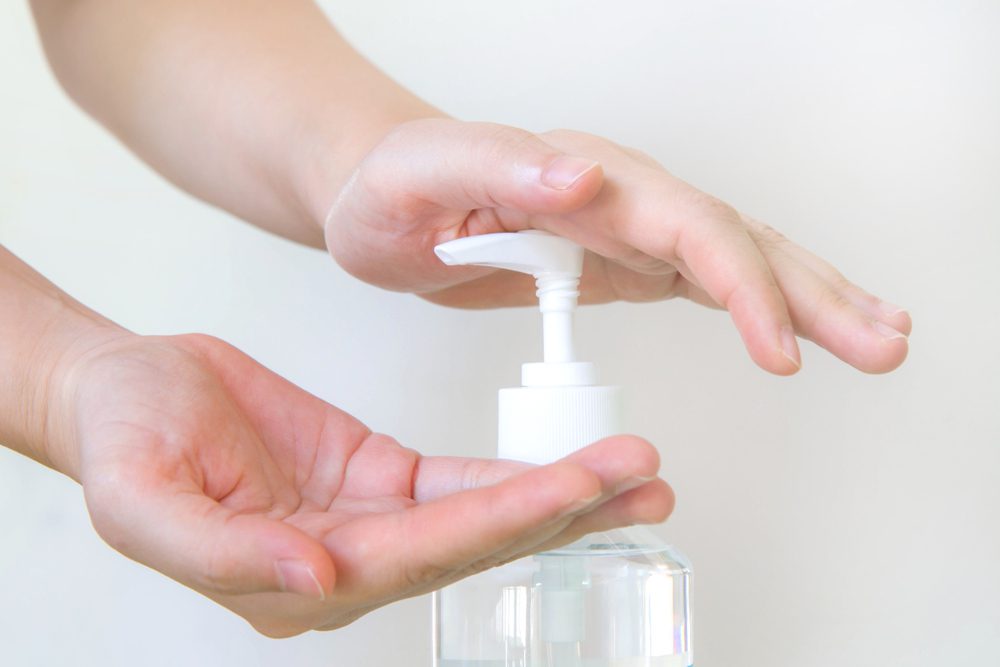
Come up with a Plan
“Make an action plan in case the risk gets worse,” Dr. Lieberman says. “I, personally, am doing nothing different except being more conscious of washing my hands more often and trying not to touch elevator buttons or railings with my hands.”
According to experts, following a set of simple rules like washing hands, avoiding touching your face, staying away from big crowds, and cleaning your workstation constantly, is the best we can do right now to take care of ourselves.
In case you’ll no longer be able to use the transportation systems, go to work or take your children or grandchildren to school, make a detailed action plan and stick to it. You might need to buy supplies for a 14-day quarantine in case authorities recommend this measure (two weeks is the typical period of incubation for the virus), therefore you need to be prepared. Having everything from non-perishable foods to medication and hygiene products can help reduce feelings of anxiety and uncertainty.

Don’t Hide Your Feelings
No matter how hard we try to keep our feelings to ourselves, sometimes it’s better to just express them openly, like in the case of anxiety.
“Creating time and space in your schedule to really feel your feelings instead of resisting them can be helpful,” McBain says. She recommends setting a timer for five or ten minutes and exploring the fear and emotions you’ve been having with regard to all this situation. It’s your opportunity to express all your anxious thoughts about the COVID-19. “When your timer goes off, process these feelings further by journaling about it or talking to a friend or loved one about your struggles,” she says.
Adopting this method to process anxiety may help you feel it less intensely in the future.
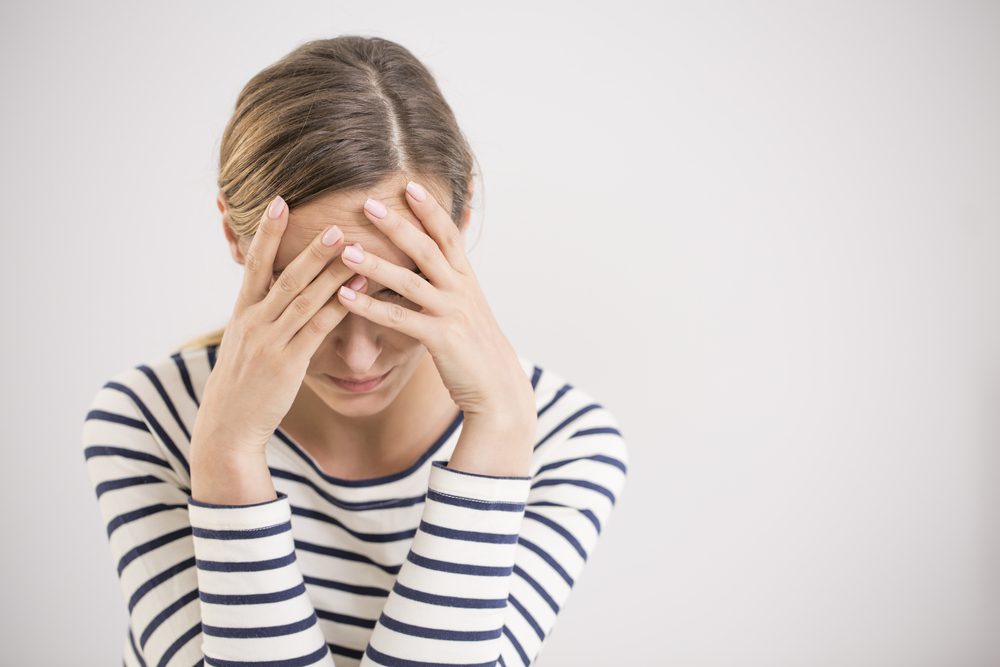
Try to Reduce Feedback Loops of Anxiety
When a friend’s upset, you comfort them by patting their shoulder or by giving them a hug. When it comes to your own anxiety, there are two scenarios.
Scenario no. 1: You either meet a panicked person that’s bought all the antibacterial soap and hand sanitizer on Amazon and all your fears are triggered. Dr. Lieberman suggests staying away from people who are likely to be freaking out or cause you to panic. Scenario no. 2: By trying to comfort and provide support to that person, you manage to lessen your own fears and anxiety.
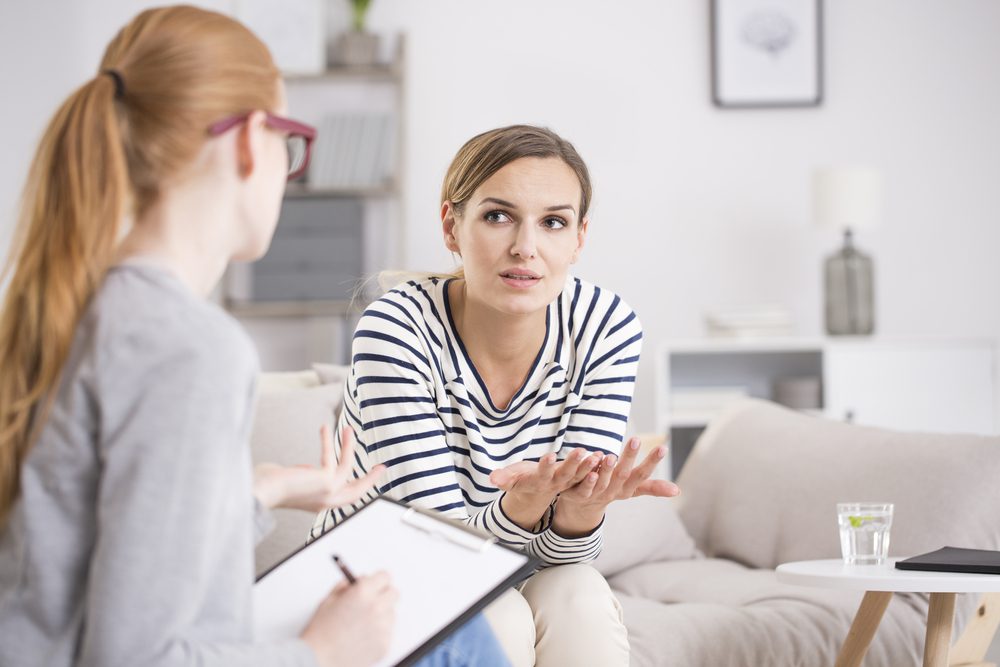
Speak with A Therapist
Desperate times call for desperate measures. This does not mean it’s a bad thing to ask for professional help, it’s just some people are a bit reluctant to go to a therapist. If you’re one of them, you should know professional help can be a source of impartial and honest support during troubled times.
“Consider speaking with a therapist who specializes in anxiety for support, and to help you come up with new coping strategies during this hard time,” McBain recommends. If your therapist isn’t able to take in-person clients anymore or you feel a bit too anxious to get out of the house, you can still talk via Skype or phone call. If you don’t already have your own therapist, Telehealth services can also help you establish that connection and receive all the support you need.























